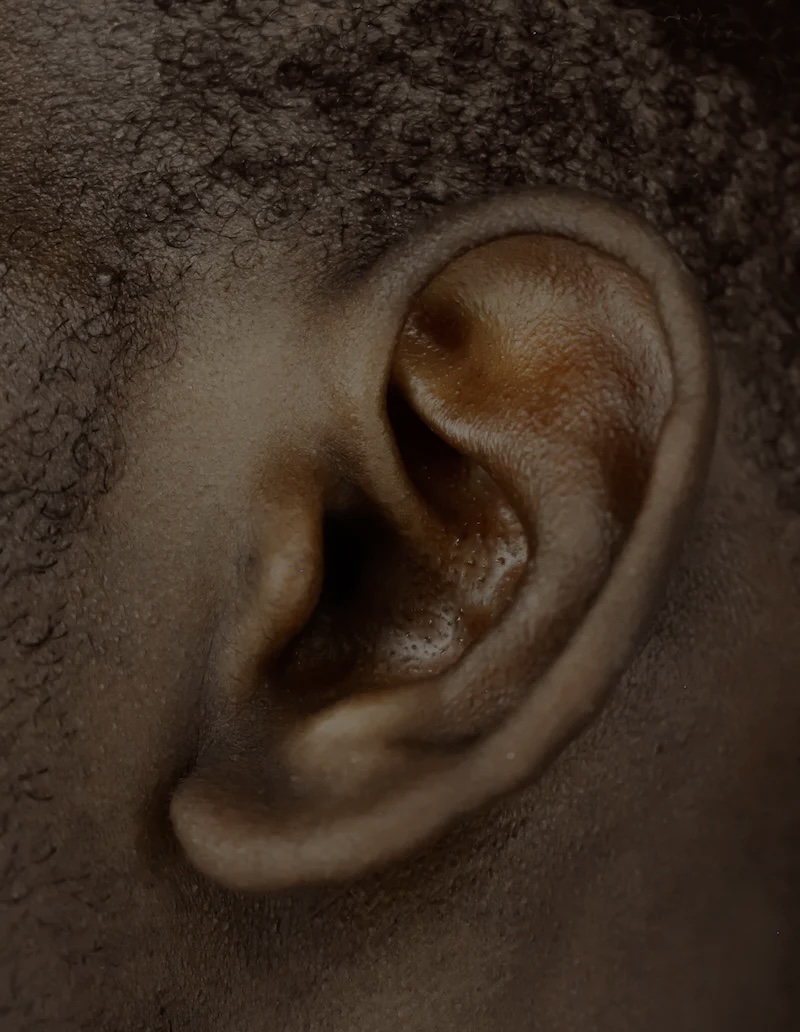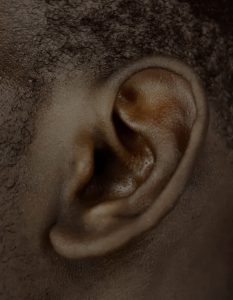
Tinnitus can be an irritating condition.
Certain noises are considered unpleasant by some people.
These include nails on chalkboards, gum-smacking, or smoke alarms blaring.
Often these nuisances can be avoided by simply leaving an environment or asking someone to stop making the noise.
According to a recent Verywell Health article titled “Causes of Tinnitus or Ringing in the Ears,” simply removing or stopping external sources of sound does not provide relief for those with tinnitus.

Tinnitus can be caused by illness, damage, irritations, or medications.
I can confirm this.
How?
Because I have been treated for tinnitus by the Department of Veterans Affairs since I left active duty in 1989.
Tinnitus involves inner ear hearing loss and has biological components.
Those with this condition often have constant noise in their ears.
This sound can resemble humming, cricket sounds, buzzing, whooshing, or ringing.
Hearing involves cilia in the inner ear moving with the pressure of sound waves.
The inner ear then is triggered to release an electrical signal through the auditory nerve.
This nerve sends signals between the ear and the brain.
The brain then interprets the signals as sound.
What can cause damage to the inner ear and lead to tinnitus?
Noise Exposure.
Despite their name, outer hair cells are part of the inner ear.
Exposure to extremely loud sounds can damage hair cells.
Gunfire is a common example.
Additionally, longer exposure to moderate sounds can also damage the ear.
These included factory noise or music played through headphones.
Exposure to these noise levels at any age can increase your risk of developing tinnitus or hearing loss.
Medication.
Some medications do not play nicely with the ear.
This phenomenon is referred to as ototoxic, meaning the drug is toxic to the structures of hearing in the ear.
Several medications include tinnitus as a possible side effect.
You can either ask your pharmacist or review the drug label to learn whether any of your medications have this side effect.
However, before you stop taking any medications based on your suspicions, consult with your doctor.
Age-related hearing loss.
As we get older, our bodies tend to wear out.
Nerves can become damaged with age, leading to hearing loss.
Earwax accumulation.
While earwax can wash away naturally, it becomes hard when it accumulates too much.
As a result, the eardrum can be irritated and cause tinnitus.
Once the earwax has been safely removed, the irritating sounds typically stop.
In addition to these factors, certain medical conditions can also lead to tinnitus.
What are these medical conditions?
Meniere's Disease.
This condition occurs with abnormal fluid pressure in the inner ear.
Common other symptoms include vertigo, hearing loss, and the feeling of the ear being full.
Ear Bone Changes.
The bones of the middle ear can stiffen.
This is known as otosclerosis and can impact hearing.
Temporomandibular Joint Disorders.
Although the temporomandibular joint is technically in front of the ears on each side of the head, problems with this joint around the lower jawbone can lead to tinnitus.
Head injuries or neck injuries.
Any type of injury of the neck or head can also impact the auditory nerves, the inner ear, or the brain functions related to hearing.
Often tinnitus only happens in one ear.
Acoustic Neuroma.
This condition is also known as vestibular schwannoma and occurs when a benign tumor grows on the cranial nerve.
This nerve runs from the inner ear to the brain.
The cranial nerve controls hearing and balance.
The condition typically only affects one ear.
If you notice you have ringing or another noise in your ear, you should have a full hearing evaluation.
An audiologist or ENT specialist can test for several underlying medical conditions and advise you regarding the treatment options for your tinnitus.
Reference: Verywell Health (March 3, 2022) “Causes of Tinnitus or Ringing in the Ears”
REMEMBER: “The choice of a lawyer is an important decision and should not be based solely upon advertisements.”
This statement is required by rule of the Supreme Court of Missouri.
